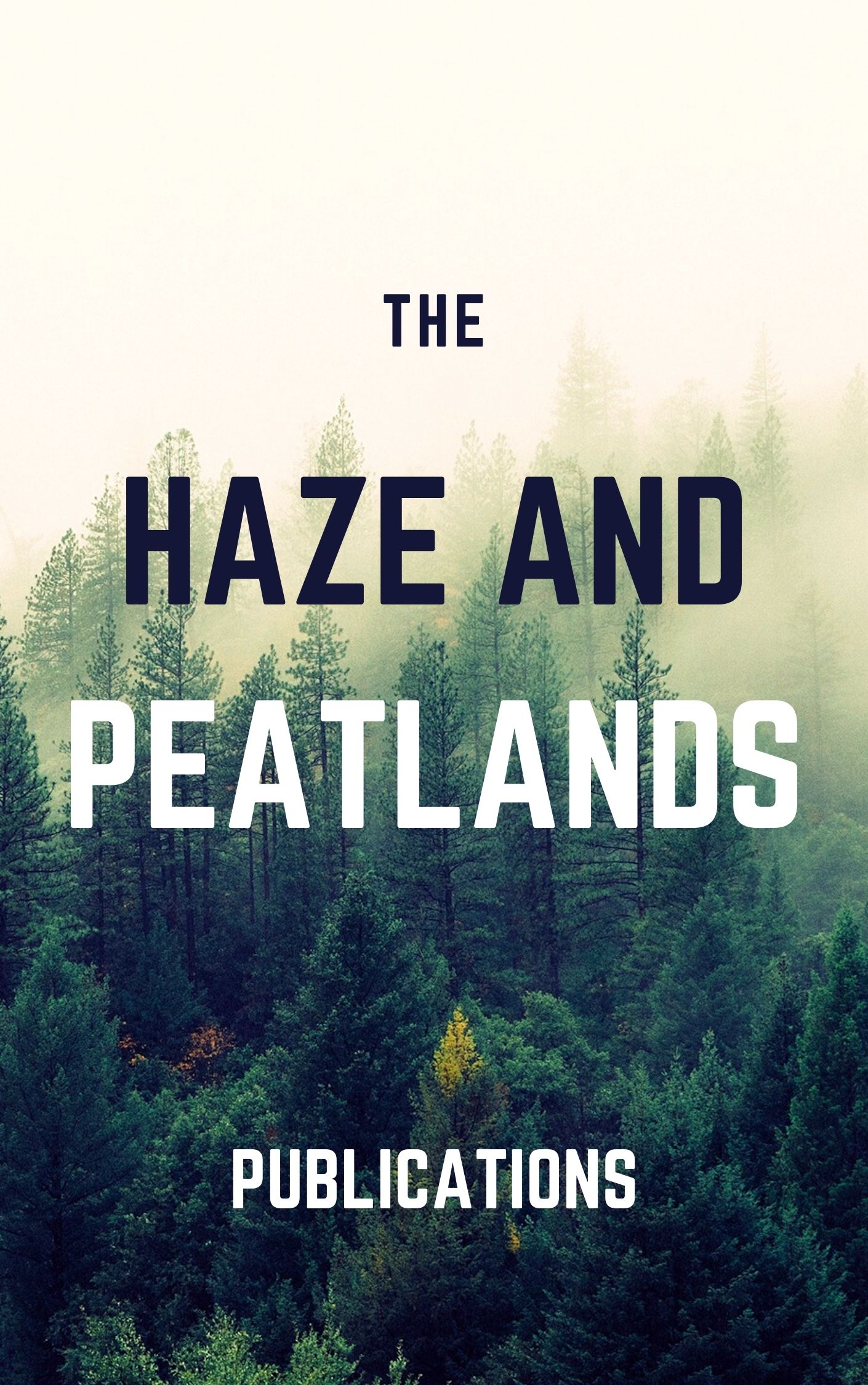Open burning of rice straw causes release of air pollutants, which contributes to enhance climate change related issues. Moreover, the burning practice was a reason of losing carbon content from crop land to the atmosphere. This study focuses on estimation of carbon content loss to the atmosphere through open burning of rice straw and suggests alternative rice straw management practices to reduce field open burning in Thailand. Field experiments were conducted to collect samples of rice straw to quantify residue to product ratio (RPR) and analyze their carbon content by elemental analysis. Ash samples were also collected to analyze their carbon content. Carbon losses to the atmosphere through field burning were then estimated. To better understand traditional practices of open burning in Thailand, statistics related to seasonal rice production/harvesting were also investigated. Finally, economic and environmental benefits associated to alternative rice straw management options were considered and discussed against traditional open burning practices.

